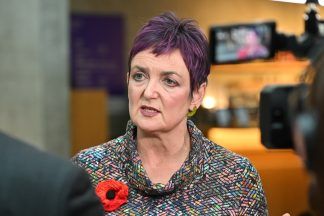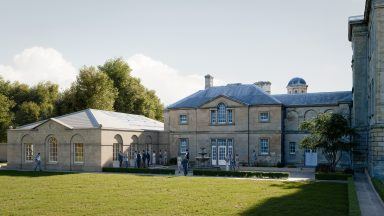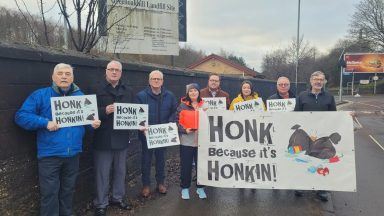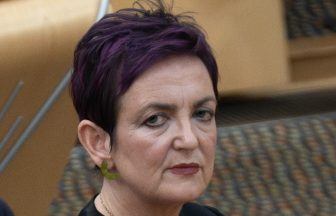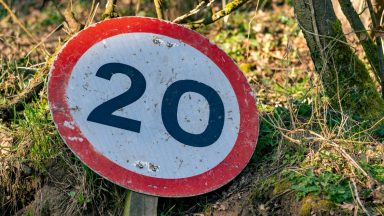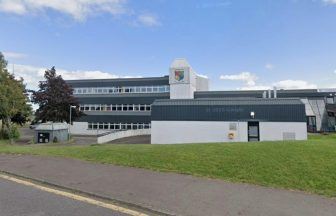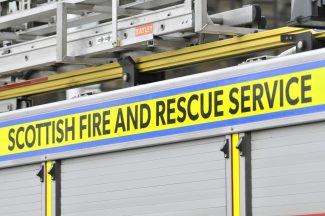Glasgow’s proposed visitor levy which would see tourists pay a charge on overnight accommodation could bring £12.5m a year into the city.
City treasurer Ricky Bell will present plans for the tax to councillors next week. Money collected could be used to improve the “look and feel” of the city and fund events.
The SNP councillor’s report proposes a 5% levy on accommodation spend, which would apply to hotels, hostels, guest houses, B&Bs and self-catering accommodation.
It adds the expected net income of the scheme would be between £11.2m and £11.4m after the cost of running the scheme is taken into account. Councillors on the city administration committee, which meets on Thursday, will be asked to approve a formal consultation process.
Initial informal talks with the trade have already been held, with the industry sending a “clear message” that money should “not be used by the council to plug budget gaps”.
The report adds that visitor levies in Scotland must be spent on developing or supporting services used by visitors to the area. In Glasgow, some of the money is intended to improve the “look and feel” of the city, which contributes to visitor experience.
Cash would also be spent on culture, events, and “destination marketing” to increase the number of visitors to the city.
Scotland’s first visitor levy is expected to be approved in Edinburgh today (Friday). It would be set at 5% and apply to stays after July 24, 2026.
Economists working for Glasgow’s council estimated a 1% levy on accommodation spend would likely raise revenue of £2.5m. That would increase to £12.5m with a 5% levy.
A 5% rate has been recommended as it would “provide a reasonable level of income to achieve the scheme objectives after allowing for administration costs”.
Accommodation providers would be liable for the levy, and required to submit quarterly reports. It is proposed they retain 1.5% of the levy monies collected at their establishment to cover their own costs.
After Glasgow’s consultation, a report would be prepared to summarise responses and set out whether the council intends to continue with the levy. There would then be an 18-month implementation period, starting from the date the report is published.
An initial working group included the council’s culture and leisure arm Glasgow Life, the city’s chamber of commerce, VisitScotland, Airbnb, Greater Glasgow Hoteliers Association, the Association of Scotland’s Self-Caterers and Scottish Bed & Breakfast Association.
It found there needs to be “clear and transparent reasons for settling on 5%”. It also favoured an independent economic impact assessment of the levy to “avoid or mitigate against potential unintended consequences”.
The report adds: “There is a desire for something being done with the money to support strategic assets, such as the SEC Campus, rather than lots of smaller activity that makes less impact.
“There was also a clear view that they didn’t think the money should be used to administer the visitor levy — this should come from the existing business rates paid in the city.”
Follow STV News on WhatsApp
Scan the QR code on your mobile device for all the latest news from around the country


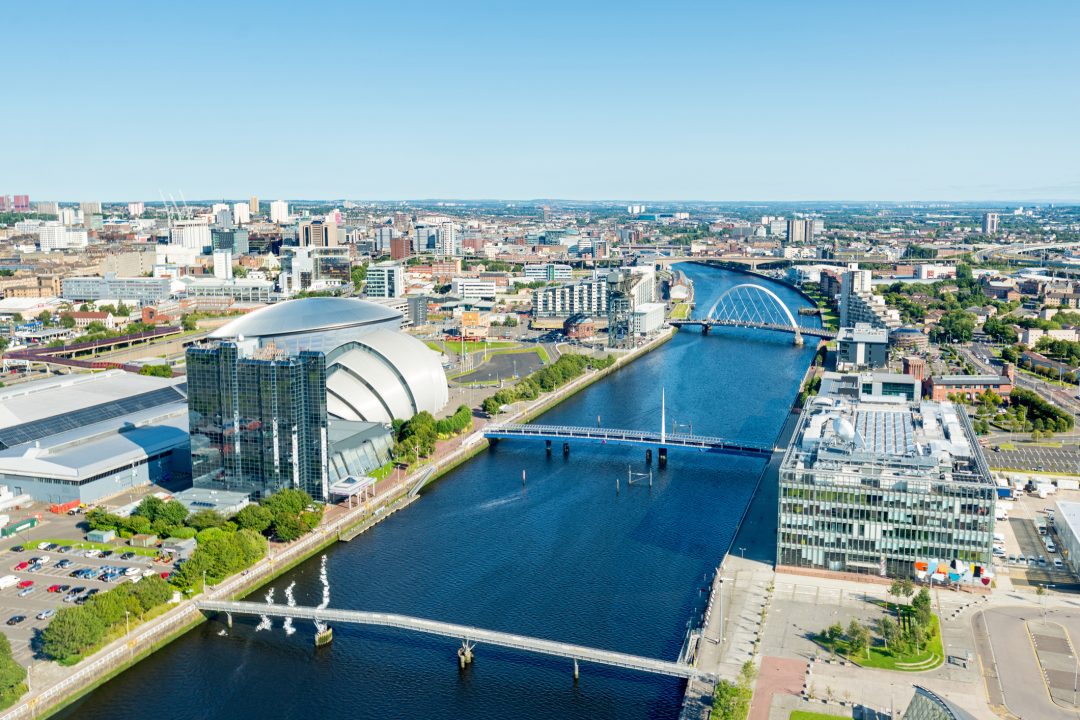 iStock
iStock

